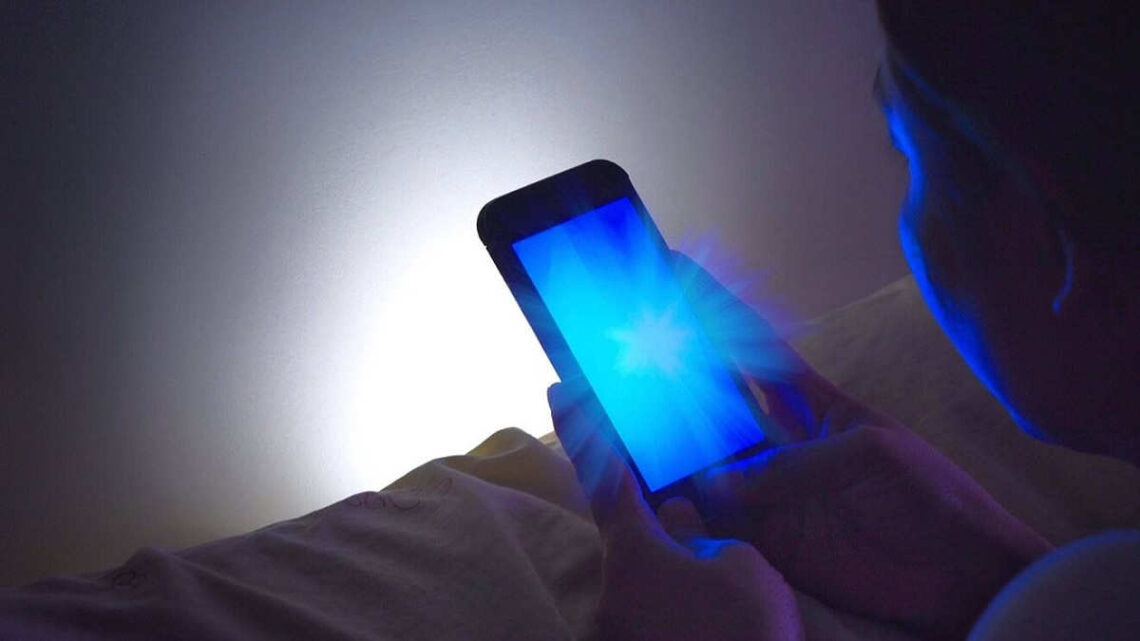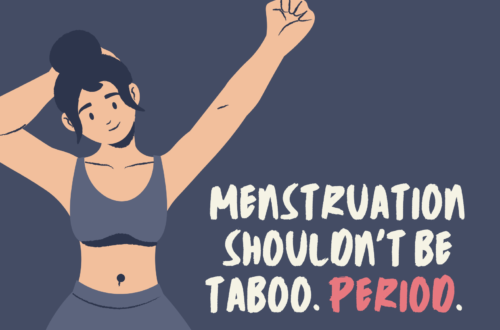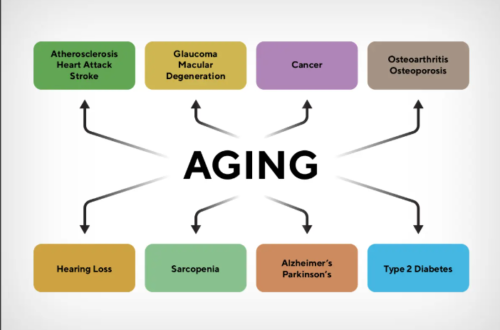Nowadays we rely the most on your gadgets like phones, laptop and tablets for work, entertainment and social connections that means almost for everything. So, it becomes important to know the effect of blue light emitted from our devices on our sleep. In this blog we’ll dive into the world of blue light, its effect on our sleep cycle, the disadvantages of its excessive use and give useful tips to reduce use of bluish light.
Table of Contents
What is blue light?
Blue light is a type of HEV light i.e. high-energy visible light. Electronics such as smartphones, tablets, computers and television emit around 400-450 nm (nanometer) of wavelength. This light is also present in natural sunlight, but the intensity is very high when using electronic devices. bluish light usually has more energy than other colors visible.
Sources of blue light:
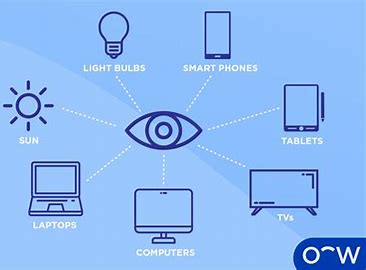
Blue light is emitted by various sources, including:
- Digital devices: Smartphones, tablets, computers and T.V.
- LED lights: Energy-efficient LED light bulbs
- Fluorescent lights: CFL (compact fluorescent lamps) and fluorescent light tubes.
- Natural sunlight: Sun also emits blue light, but the amount is smaller compared to the amount of bluish light emitted by artificial source.
Effect of Blue light on Sleep:
Exposure to bluish light that also for a long-time especially in evening, it severely affects sleep. Here are few ways how blue light affect our sleep:
- Decreases Melatonin Production: Exposure to blue illumination in the evening time reduces the production of melatonin, a hormone which regulates our sleep-wake cycle.
- Brain is tricked: Due to high exposure of bluish light in evening, brain is tricked that it’s still morning and it becomes tough to fall asleep. And quality of sleep is reduced/ compromised.
- Sleep patterns are disturbed: Exposure to blue light affects the sleep cycle and quality of sleep and because of that amount of deep sleep is reduced.
Results of exposure to blue light:

High amount of usage of blue illumination can affect our physical and mental health. Some consequences are:
- Sleeplessness: Over exposure to blue illumination can lead to trouble in sleeping, which can affect both physical and mental health.
- Fatigue and decrease in Productivity: Exposure to bluish light can cause fatigue and it may affect or decrease the productivity, and it makes doing basic functions tough.
- Increased risk of Chronic Diseases: Chronic deprivation of sleep is caused by exposure of bluish light and because of that risk of chronic diseases increases, diseases like obesity, diabetes and cardiovascular diseases are caused by this.
How can one reduce blue light exposure:
Luckily, there are many ways to reduce exposure of blue illumination and having a healthier sleeping habit. Here are some tips which are even practical:
- Using blue illumination filtering apps or glasses: Consider using software that filters out bluish light from electronics. or try using bluish light protection glasses or apps.
- Limit screen time before bed: Try to avoid usage of devices emitting bluish light at least an hour ago bedtime or watch them on night mode.
- Create a bedtime routine: Try to form a consistent bedtime routine that doesn’t have use of electronic gadget, such as reading or meditating.
- Use of Dim red lights: Bright white lights affect more so try using red light in evening to minimize the exposure.
A study about affect of blue light on sleep:
The study:
A recent study of 20 young adults found that those who use blue illumination filtering glasses or apps before bed, have better sleep quality and duration.
The Findings:
- About 45% of participants who doesn’t use blue light filtering have trouble sleeping, or the quality of sleep their sleep is not good.
- But 15% of participants with bluish light filtering were still facing the problem of poor sleep quality.
- Bluish light filtering and apps improved quality of sleep.
Long- Term Side Effects:
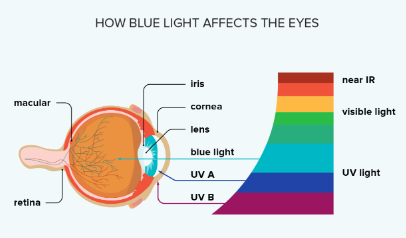
- Macular Degeneration: high exposure of bluish light can lead to a condition called macular degeneration in which the central part of retina called macula is worn out.
- Cataracts: Bluish light increases risk of cataracts, which also known Motiya in Hindi.
- Damage of Retina: High level of bluish light exposure can be the reason for retinal damage and loss of vision.
How can we Protect Yourself:
- By using Blue light filtering glasses and Apps
- Follow the 20-20-20 Rule
- Adjust your display settings
- Limit your screen time
Conclusion:
Blue illumination exposure can have a very high impact on our sleep cycle, which can be leading cause of sleeplessness, fatigue and productivity is decreased. By understanding the effect of bluish light on sleep and taking measures to reduce its use, we can develop healthier sleeping habits and improve our overall well-being. Always remember, a good night’s sleep is just few clicks away!
Read my other blog on Digital Detox
Follow us on

